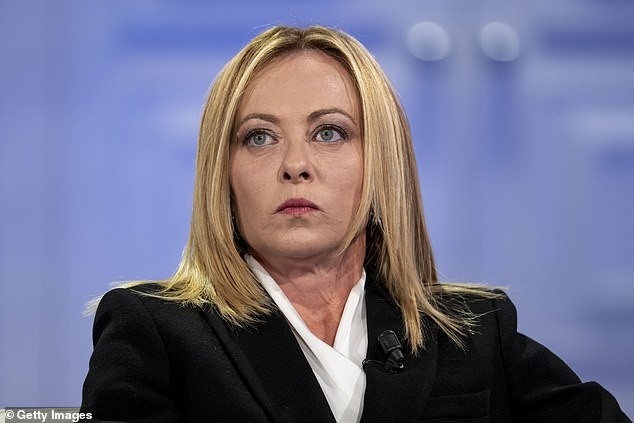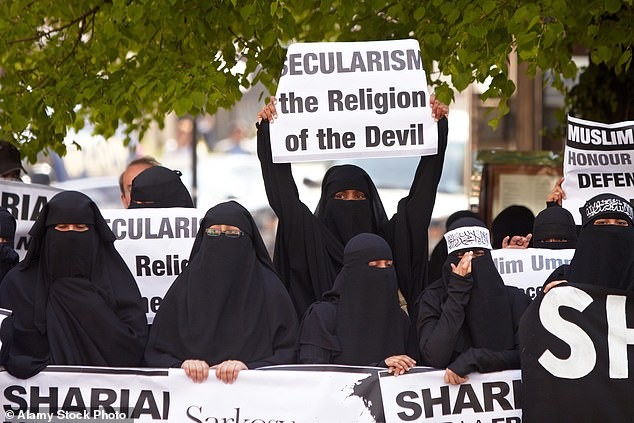Italy Proposes Nationwide Burka and Niqab Ban with Fines Up to £2,600 to Stop 'Islamic Separatism'
The bill, presented by Prime Minister Giorgia Meloni's Brothers of Italy party, would ban the burka and niqab in public spaces including shops, offices, schools and universities. Violators would be fined between £260 and £2,600. The draft legislation frames the move as a shield against 'Islamic separatism' and as a tool to counter religious radicalisation and hate. The proposal also creates penalties for 'cultural crimes' such as virginity testing and increases punishments for forced marriages to up to 10 years in prison, with religious coercion grounds for prosecution. It would impose transparency rules on funding for mosques and Islamic education institutions that lack formal state agreements, requiring disclosure of all funding sources; groups posing threats to state security would be barred from funding.

In This Article:
What the Bill Would Do in Practice
The ban would extend nationwide, applying in shops, offices, schools and universities across Italy. Violators would face fines of £260 to £2,600 for wearing the garment in public. The proposal also requires transparency in funding for religious organisations lacking formal agreements with the state; such groups would have to disclose all funding sources. Those deemed to pose threats to state security would be unable to receive funding.

Criminal Penalties and Cultural Crimes
The measure introduces criminal penalties for 'cultural crimes' such as virginity testing. Forced marriages could carry up to ten years in prison. Religious coercion would provide grounds for prosecution as part of the effort to curb religious radicalisation and hate.

Context, Support, and Controversy
Meloni's coalition holds a strong majority and broadly supports the bill. Galeazzo Bignami, parliamentary leader of the Brothers of Italy, said the proposal defends Italy from 'all forms of extremism and any attempt to create parallel societies on Italian soil'. Sara Kelany, a co-sponsor, argued the country cannot tolerate 'the creation of enclaves where sharia law prevails over Italian law', but must promote 'a model of society based on integration, legality and the defence of western values'. The League, led by Matteo Salvini, has earlier proposed a more limited face-covering bill that is under review. Around 2 million Muslims are estimated to live in Italy; Muslim groups say the bill alienates communities rather than promoting harmony.

A European Thread: Bans Across the Continent
France became the first European country to introduce a nationwide ban on burkas in 2011. Austria, Denmark, Belgium and the Netherlands have since followed suit with bans in some form. The European Court of Human Rights has repeatedly upheld the bans. Critics warn the rhetoric echoes broader political debates about religion, integration and security; Nigel Farage has described the veils as 'anti-British'. Italy's bill sits within a wider European conversation about how to balance religious expression with public order.


